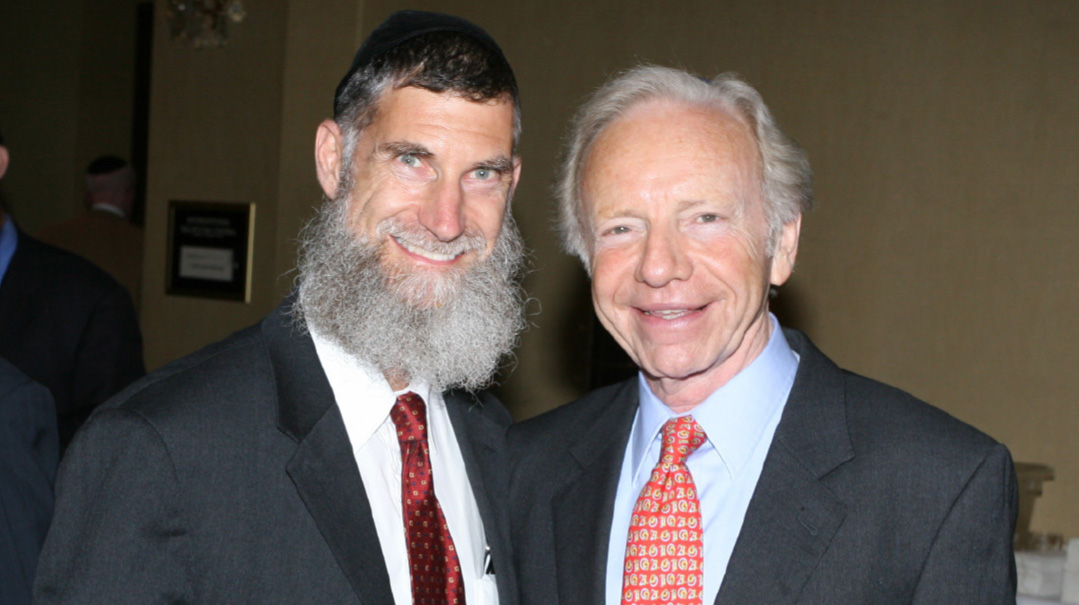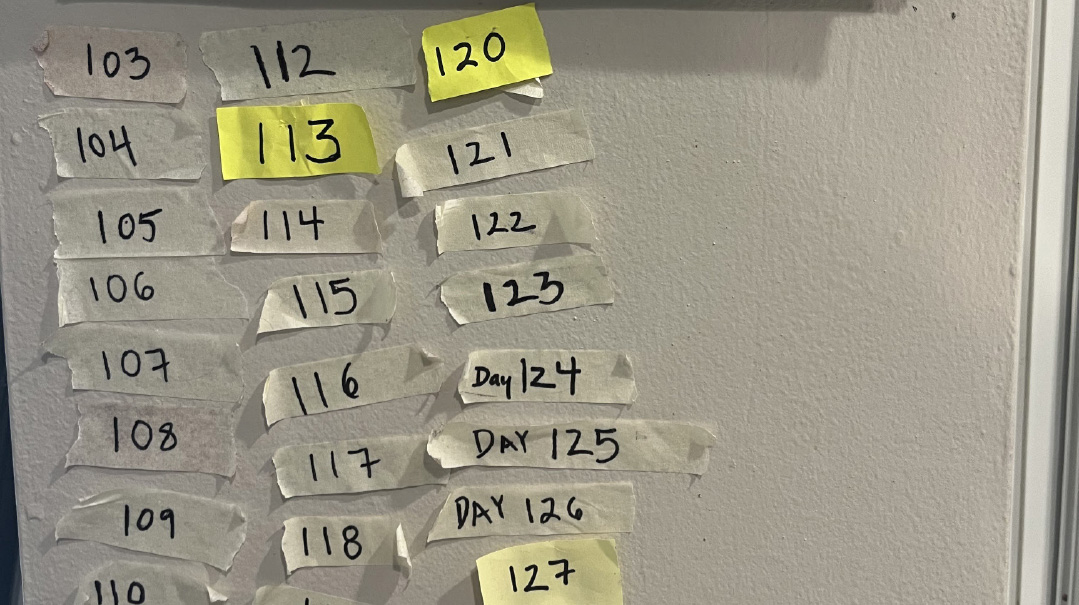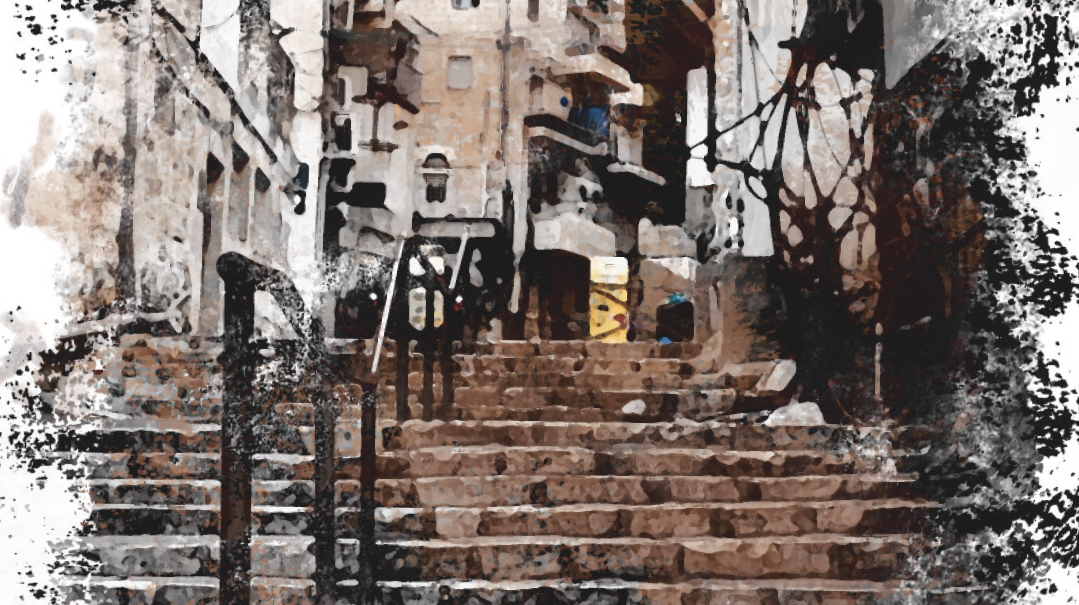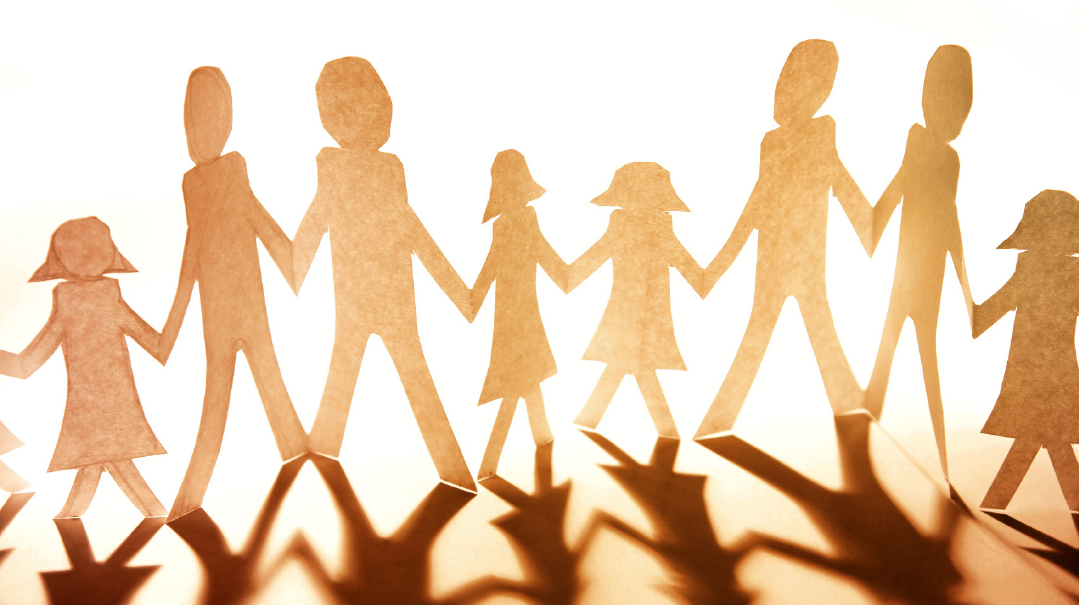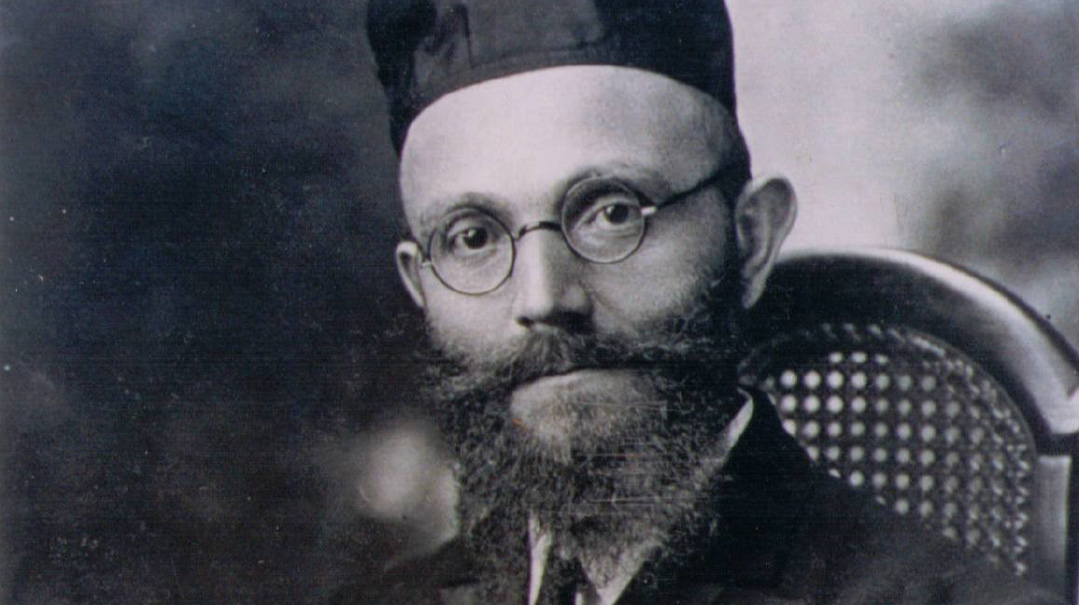Reflections from a Week of Silence
| January 3, 2018Many times we regret our hurtful or negative words. But we almost never feel remorse for refraining from saying something or rethinking a response

I
had a unique “privilege” last week. It was a gift I didn’t ask for, but one I will treasure for a long time.
Due to problems with my vocal chords, my doctor told me to engage in “vocal rest” for a week. When I asked what that meant, he replied, “Don’t talk for one week.” Was he serious? I’m a rebbi in a yeshivah; I talk for a living! When I’m not giving shiur, I’m learning with boys individually or schmoozing with them. And baruch Hashem I also have a wife and children, with whom I also engage in a fair share of talking each day. I couldn’t imagine then how I would get through the week.
But now, with the week behind me, it’s difficult to capture in words the impact one week of not talking had on my life. Here are a few reflections I had over the seven days of zero speech.
1. On the first day, a friend stopped me in the store and began making small talk. I motioned with my hands that I wasn’t allowed to talk. “Look at the bright side,” he responded, “you’ll definitely speak less lashon hara this week!” While he was correct (it’s hard to speak lashon hara when you can’t speak), his comment got me thinking about words we say every day. In birchos Krias Shema we say, “V’chulam pos’chim es pihem bikdushah uv’taharah b’shirah uv’zimrah….” While this passage refers to the angels, there’s a deep, profound message in the words for humans as well. We are to use our mouths for kedushah and taharah — for holiness and purity. Our mouths are keilim shel kedushah — vessels to be used for sanctity, and not, chas v’shalom, to be abused or misused for inappropriate speech.
If only we thought before we spoke and asked ourselves, “Will what I’m about to say increase or decrease the level of kedushah in the world?” Our mouths would then be the vehicles of holiness they were created to be.
2. As a rebbi and a parent and a member of a wonderful community, I couldn’t stop my life just because I was unable to speak for a week. I witnessed, and was involved (through a whiteboard I carried around) in many normal conversations, though usually as an observer. I watched as people argued and agreed, spoke kindly and sometimes harshly to each other. Many times during the week I wanted to give a quick response or comment on something I heard said. But I couldn’t. So I didn’t. And guess what? Life marched on. That got me thinking. There are times I regret my words and ask myself afterward, Why did you say that? Was it necessary? Did it make things better? There are so many times we regret our hurtful or negative words. But we almost never feel remorse for refraining from saying something or rethinking a response. Sometimes less is more.
(Excerpted from Mishpacha, Issue 692)
Oops! We could not locate your form.

